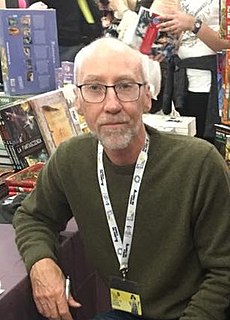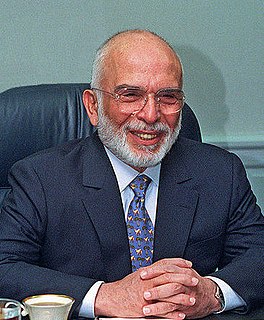A Quote by Jeanine Pirro
Nowhere does our Constitution say we cannot say something about another's religion. Nowhere does our Constitution say we cannot say anything that offends someone.
Related Quotes
I used to say that the Constitution is not a living document. It's dead, dead, dead. But I've gotten better. I no longer say that. The truth is that the Constitution is not one that morphs. It's an enduring Constitution, not a changing Constitution. That is what I've meant when I've said that the Constitution is dead.
The Bible nowhere says that animals are just made for human use. It does not say that the whole earth is just ours to do with as we like. Neither does it say that God's sole interest is with the human species. We cannot allow such an important and influential book to become the preserve of those who want to exploit animals. The Bible needs to be read, studied, and reclaimed for the animals.
The Second Amendment is in the Constitution to help citizens protect themselves from people like Senator Dianne Feinstein who would come along, and if they could determine what words you can and cannot say, where and where you can't say them. The Constitution is there to protect you from mayors like Mike Doomberg who wants to tell you how big your beverage can be.
O my God, how does it happen in this poor world that you are so great and yet nobody finds you, that you call so loudly and yet nobody hears you, that you are so near and yet nobody feels you, that you give yourself to everybody and yet nobody knows your name? Men flee from you and say they cannot find you; they turn their backs and say they cannot see you; they stop their ears and say they cannot hear you.
I feel that the constitution is workable, it is flexible and it is strong enough to hold the country together both in peacetime and in wartime. Indeed, if I may say so, if things go wrong under the new Constitution, the reason will not be that we had a bad Constitution. What we will have to say is that Man was vile.
Intuitionists think that there are cases in which, say, some identity statement between real numbers is neither true nor false, even though we know that it cannot possibly be false. That is: We know that it cannot not be that a = b, say, but we cannot conclude that a = b. We can't, in general, move from not-not-p to p in intuitionistic logic. , I suggest that the believer in vague objects should say something similar. It can never be true that it is vague whether A is B. But that does not imply that there is always a fact of the matter whether A is B.
Things like the movie 'Memento' are interesting to me because our memories of the things we've done and how we've behaved form our notion of who we are, what our character is. So if part of that were missing, what does that actually say about you? And what does it say about your sense of responsibility for things if you can't remember them?
It should not be strange that the values cherished by all the three major religions are the same, since they originate from a common source. For example, Islam, the predominant religion in the Middle East, accepts as an integral part of its religious teachings both the Old and the New Testaments. If this commonality of moral traditions among the world's major religions does not say something about the universality of religion, it does say something about the universality of mankind.
We're taught to find the antecedents to our adult failures in childhood traumas, and so we spend our lives looking bacwards and pointing fingers, rather than bucking up and forging ahead. But what if your childhood was all a big misunderstanding? An elaborate ruse? What does that say about failure? Better yet, what does that say about potential?
When I used to say I wanted to play at Wimbledon, they used to laugh in my face and say, 'What are you talking about, you're from Hyderabad, and you're supposed to... cook.' That's one of the notions that people have in this side of the world - it is our 'culture', within quotes, you know, to say what a woman can or cannot do.

































